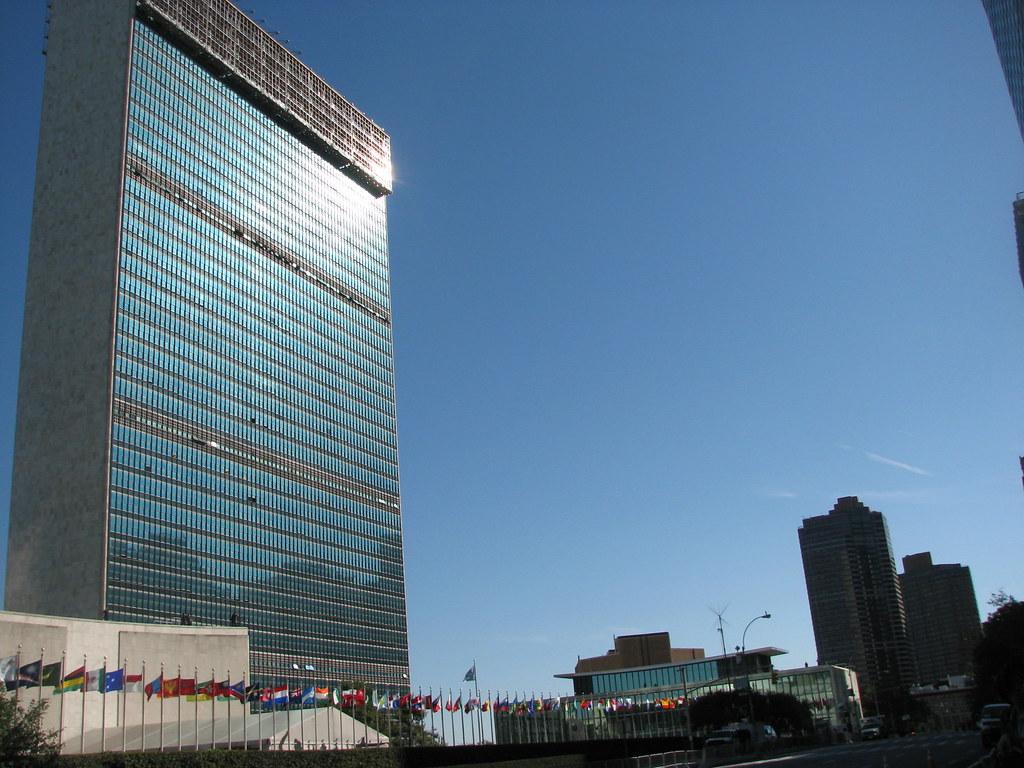As of May 2023, the UN is considering leaving Afghanistan due to the Taliban’s restrictions on women workers. The Taliban, who have imposed a harsh regime since taking over in 2021, have promised a more moderate rule than during their previous stint in power in the 1990s. However, the UN’s 600-strong international staff, including 200 women, are not exempt from the Taliban’s edict.
UN experts have recently stated that the situation of women and girls’ rights in Afghanistan has reverted to that of the pre-2002 era when the Taliban last controlled the country, effectively erasing progress on women’s rights in the intervening 20 years. This comes in light of a recent edict by the Taliban barring local women from working for the UN, leading to negotiations between UN officials and Taliban leaders to make exceptions to the edict. However, officials have warned that the UN may have to pull out of Afghanistan in May if the Taliban do not allow local women to work for the organization.
Special Representative of the Secretary-General for Afghanistan, Roza Otunbayeva, has issued a statement that the UN is launching an operational review to determine whether it can stay in the country despite the ban, with the review period expiring on May 5 [10]. This is a significant decision for the UN, as Afghanistan has been one of the organization’s key operations since the early 2000s, and pulling out would have significant implications for the country’s stability and the UN’s ability to provide humanitarian assistance.
The UN has a long-standing commitment to promoting and protecting human rights, including women’s rights, as enshrined in the Universal Declaration of Human Rights and the UN Charter. UN Secretary-General António Guterres has also emphasized the need for solidarity and unity among UN member states in the face of crises such as the COVID-19 pandemic and climate change. Additionally, the UN has highlighted the importance of protecting the world’s oceans and biodiversity in achieving sustainable development goals.
At a time when Afghanistan is experiencing a profound humanitarian crisis, the UN’s departure would have severe consequences for the country. The Taliban’s search for individuals who worked with US and NATO forces is intensifying, with reports of door-to-door searches. Respect for fundamental human rights and freedoms is critical to ensuring stability in Afghanistan.
As responsible global citizens, we cannot remain silent while the Taliban’s restrictions on women workers threaten to undermine the progress made in Afghanistan over the last two decades. We believe that the UN’s presence in Afghanistan is essential for ensuring stability and protecting human rights. In this article, we will outline the reasons why the UN should not leave Afghanistan and how it can continue its work while respecting the Taliban’s restrictions.
The Importance of the UN in Afghanistan
Since the fall of the Taliban regime in 2001, the UN has been instrumental in promoting peace and stability in Afghanistan. The UN has provided humanitarian aid, assisted in the disarmament of armed groups, and supported the establishment of democratic institutions [3]. The UN has also played a critical role in protecting human rights in Afghanistan, especially the rights of women and girls.
The Taliban’s restrictions on women workers are a direct violation of human rights. The UN has a responsibility to ensure that the Taliban respects these rights and does not revert to its previous oppressive regime. The UN’s presence in Afghanistan sends a message that the international community is committed to supporting democracy, human rights, and the rule of law.
How the UN Can Continue Its Work in Afghanistan
The Taliban’s restrictions on women workers present a significant challenge for the UN. However, we believe that the UN can continue its work in Afghanistan while respecting the Taliban’s edict. Here are some suggestions:
1. Remote Work
The UN can consider allowing its staff to work remotely, which would reduce the need for women workers to be physically present in Afghanistan. This would ensure that the UN’s work continues while respecting the Taliban’s restrictions.
2. Negotiations with the Taliban
The UN can engage in negotiations with the Taliban to allow women workers to work in Afghanistan. The UN can use its leverage as an international organization to ensure that the Taliban respects human rights and allows women to work.
3. Working with Local Partners
The UN can work with local partners in Afghanistan to continue its work. Local partners can act as intermediaries between the UN and the Taliban, which would help to reduce the risk to women workers.


